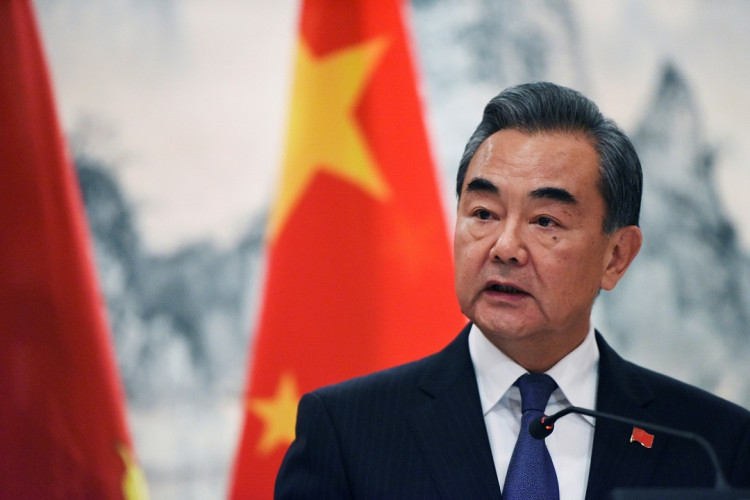Chinese Foreign Minister Wang Yi and U.S. National Security Advisor Jake Sullivan convened in Bangkok for discussions aimed at mitigating tensions and fostering a more stable relationship between China and the United States. This meeting, a continuation of the dialogue initiated by U.S. President Joe Biden and Chinese President Xi Jinping in San Francisco, underscores the complex interplay of geopolitical interests, particularly concerning Taiwan, which remains a focal point of contention.
The discussions in Bangkok, described as "candid, substantive and fruitful" by China's foreign ministry, were crucial in addressing the undercurrents of rivalry and discord that have characterized Sino-U.S. relations in recent years. The backdrop of these talks includes a series of geopolitical and economic challenges, from the strategic uncertainties surrounding Taiwan's presidential transition to the broader implications of China's economic predicaments and its deepening ties with Russia.
At the heart of the dialogue was the issue of Taiwan, a self-governing island that Beijing claims as its territory, a claim that has been a perennial source of friction between China and the U.S., Taiwan's principal ally and arms supplier. Wang Yi articulated that "Taiwan independence" represents the most significant risk to peace in the Taiwan Strait and poses a formidable challenge to the bilateral relations between China and the U.S.
The meeting's agenda also covered a range of sensitive topics, including military-to-military communications and the burgeoning field of artificial intelligence, highlighting the multifaceted nature of Sino-U.S. interactions. Both parties acknowledged the progress in resuming military dialogues, emphasizing the importance of maintaining open channels to avert conflict or confrontation.
Wang's assertions during the talks underscored China's stance on Taiwan as an internal affair, unaffected by recent electoral outcomes on the island. This position was juxtaposed against recent U.S. actions, notably the sailing of a U.S. Navy warship through waters separating China and Taiwan, which Beijing condemned as "trouble and provocation."
In navigating these diplomatic waters, both Wang and Sullivan recognized the competitive aspect of the Sino-U.S. relationship but stressed the imperative to prevent this rivalry from escalating into conflict. The forthcoming China-U.S. intergovernmental dialogue on artificial intelligence, set for this spring, signifies a potential area for cooperation amidst the broader strategic competition.
As the geopolitical landscape continues to evolve, the dialogue in Bangkok represents a crucial step towards mitigating tensions and fostering a more predictable and stable relationship between the two global powers. The focus on "properly handling important and sensitive issues" in Sino-U.S. relations, as articulated by Wang and Sullivan, will be pivotal in shaping the trajectory of bilateral interactions, particularly as both nations navigate the intricate dynamics of the Taiwan Strait and the broader Indo-Pacific region.





